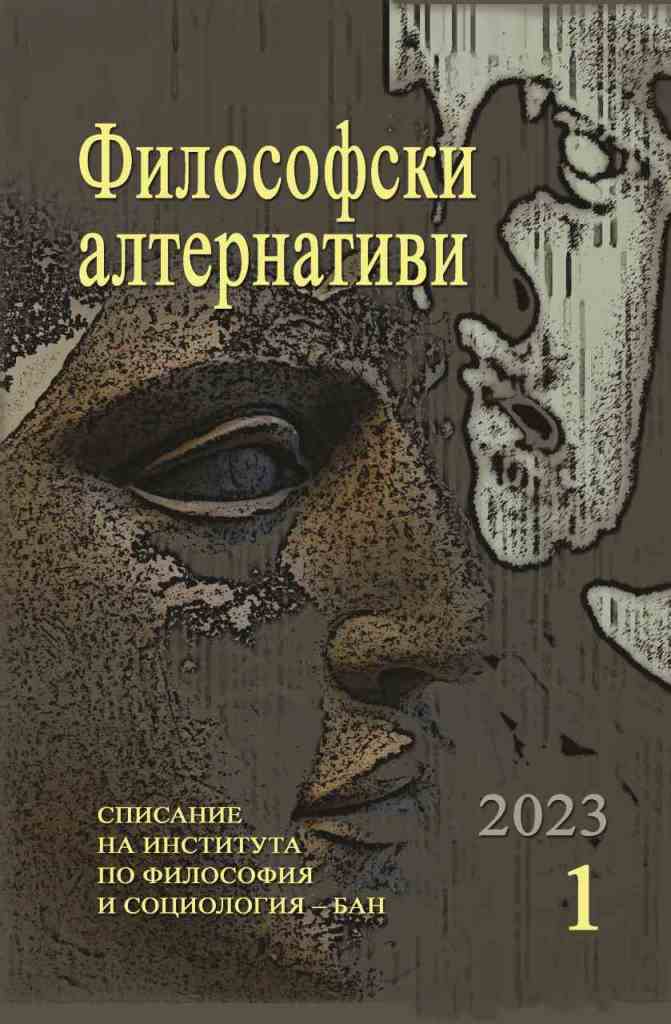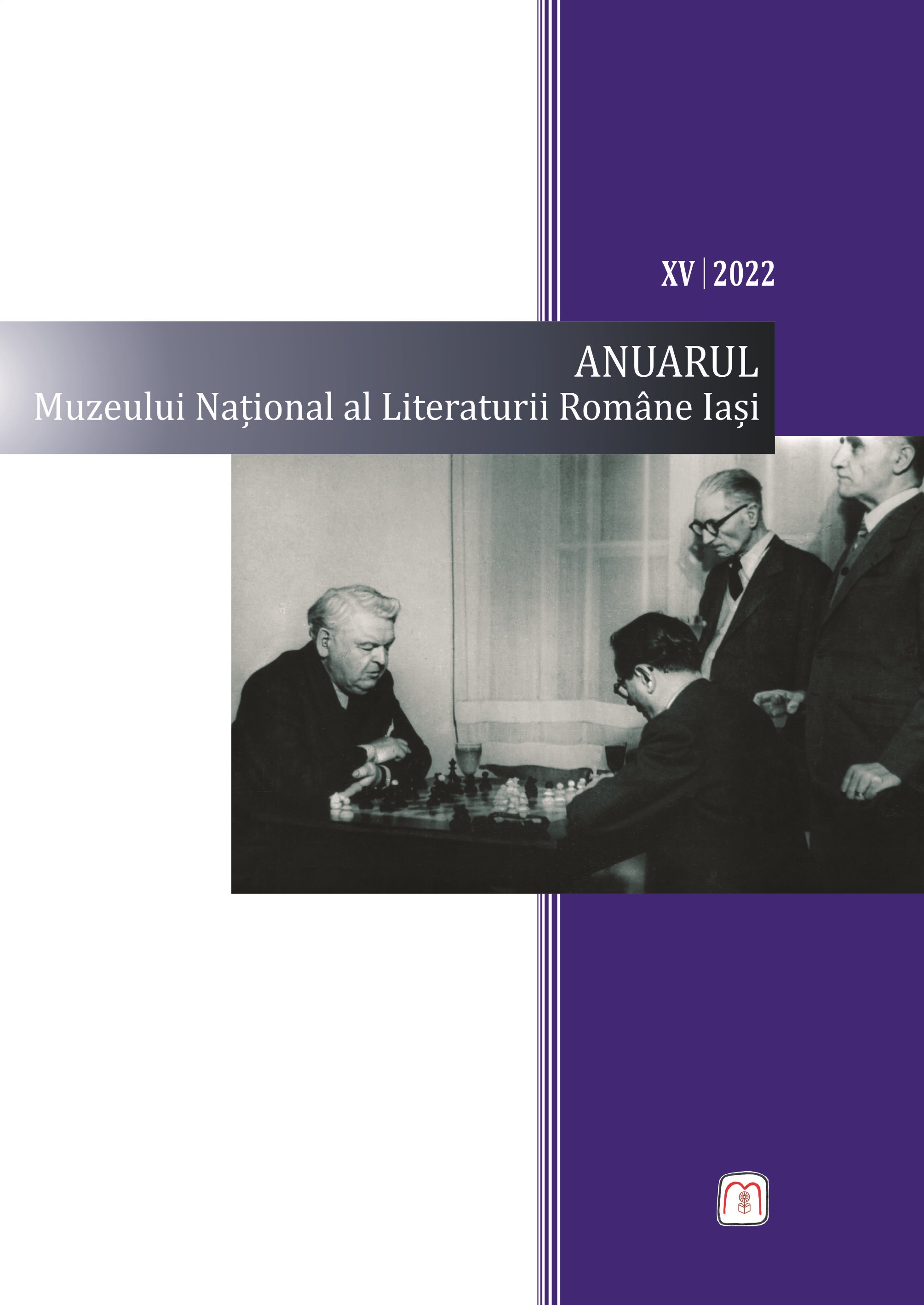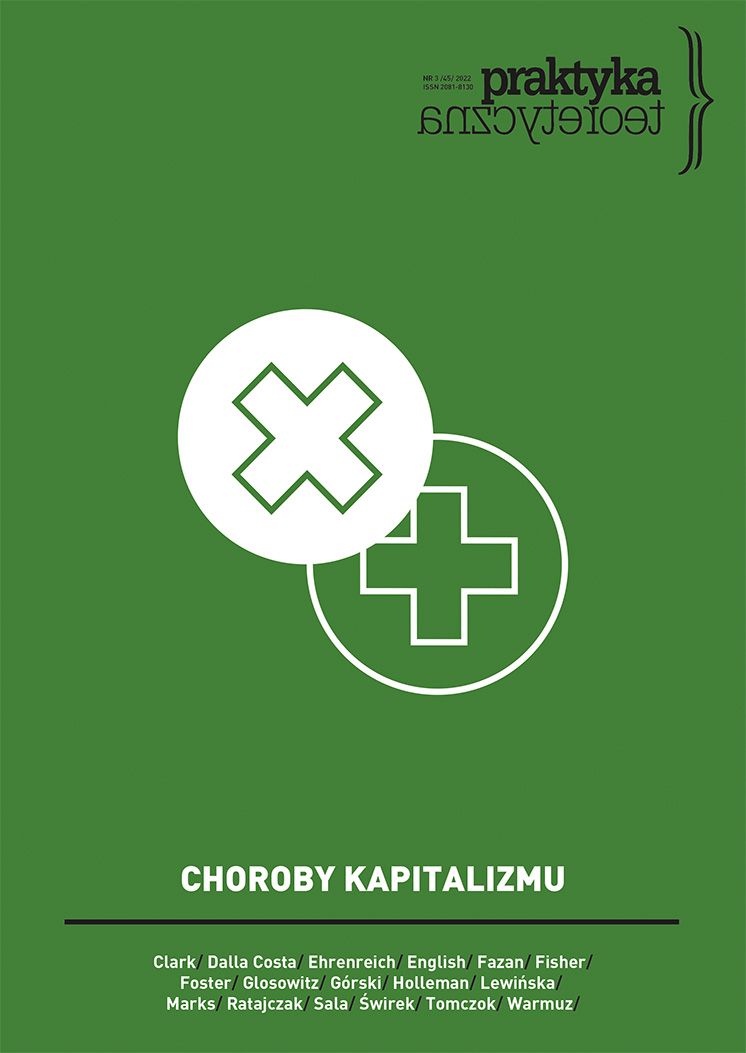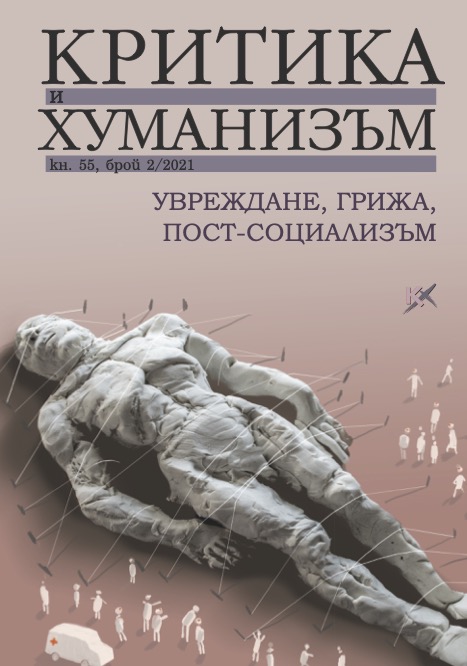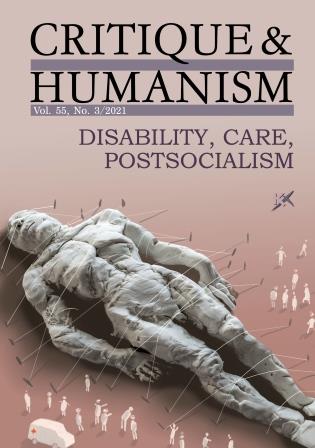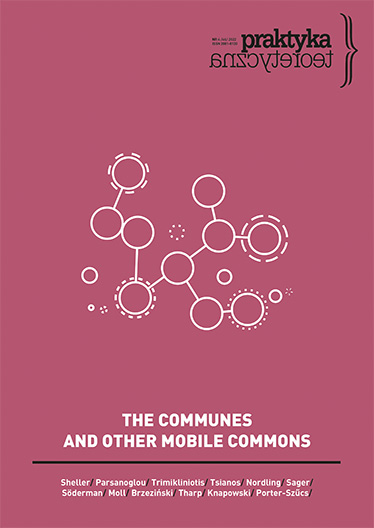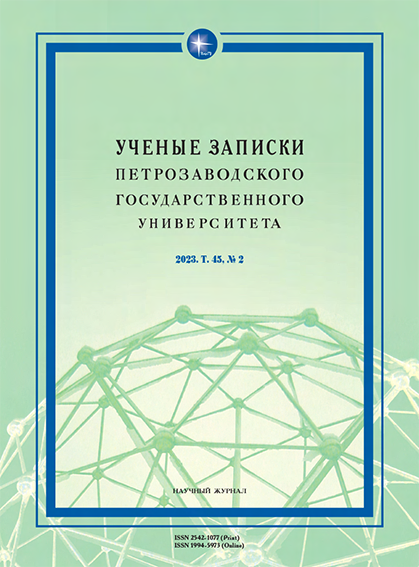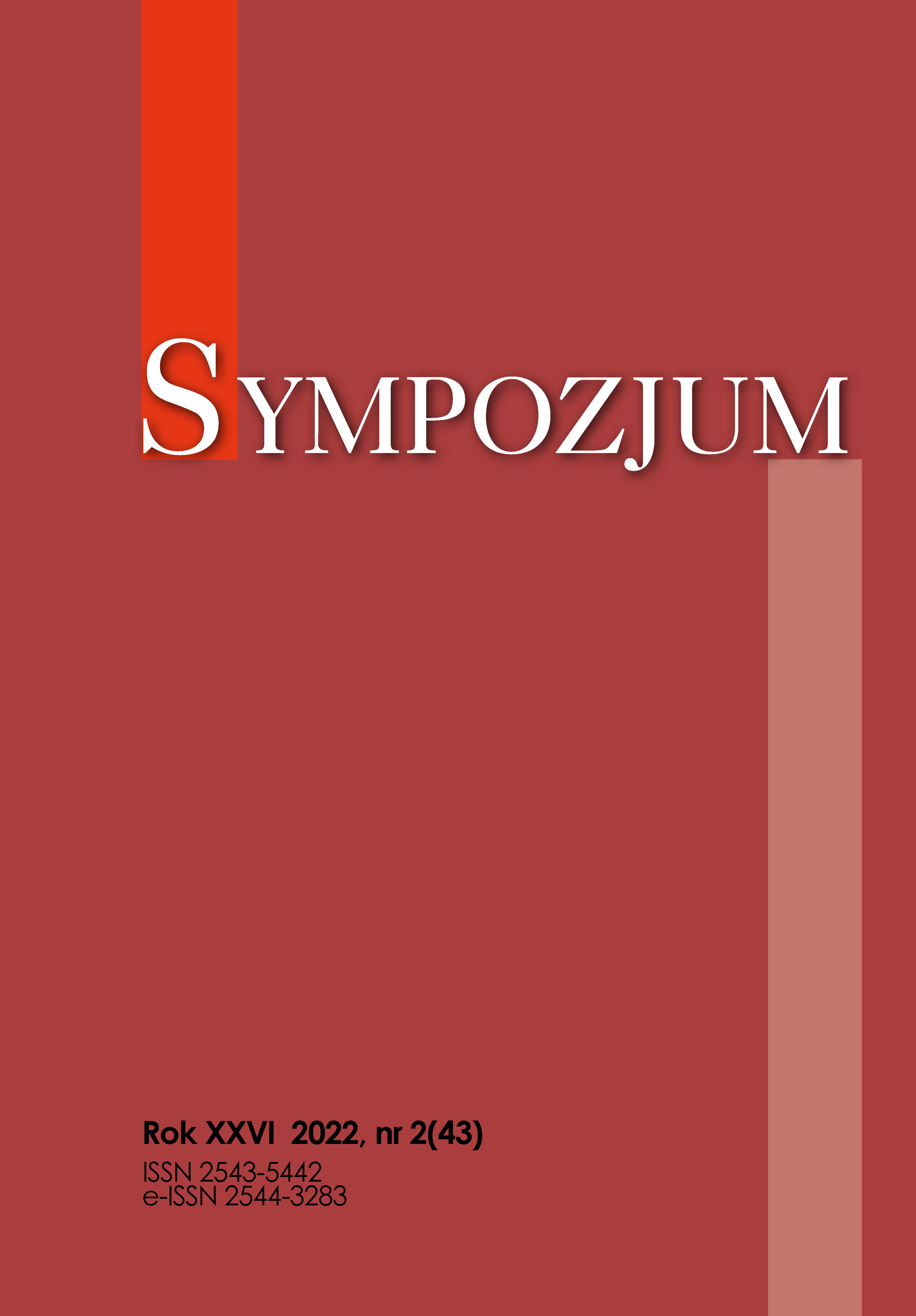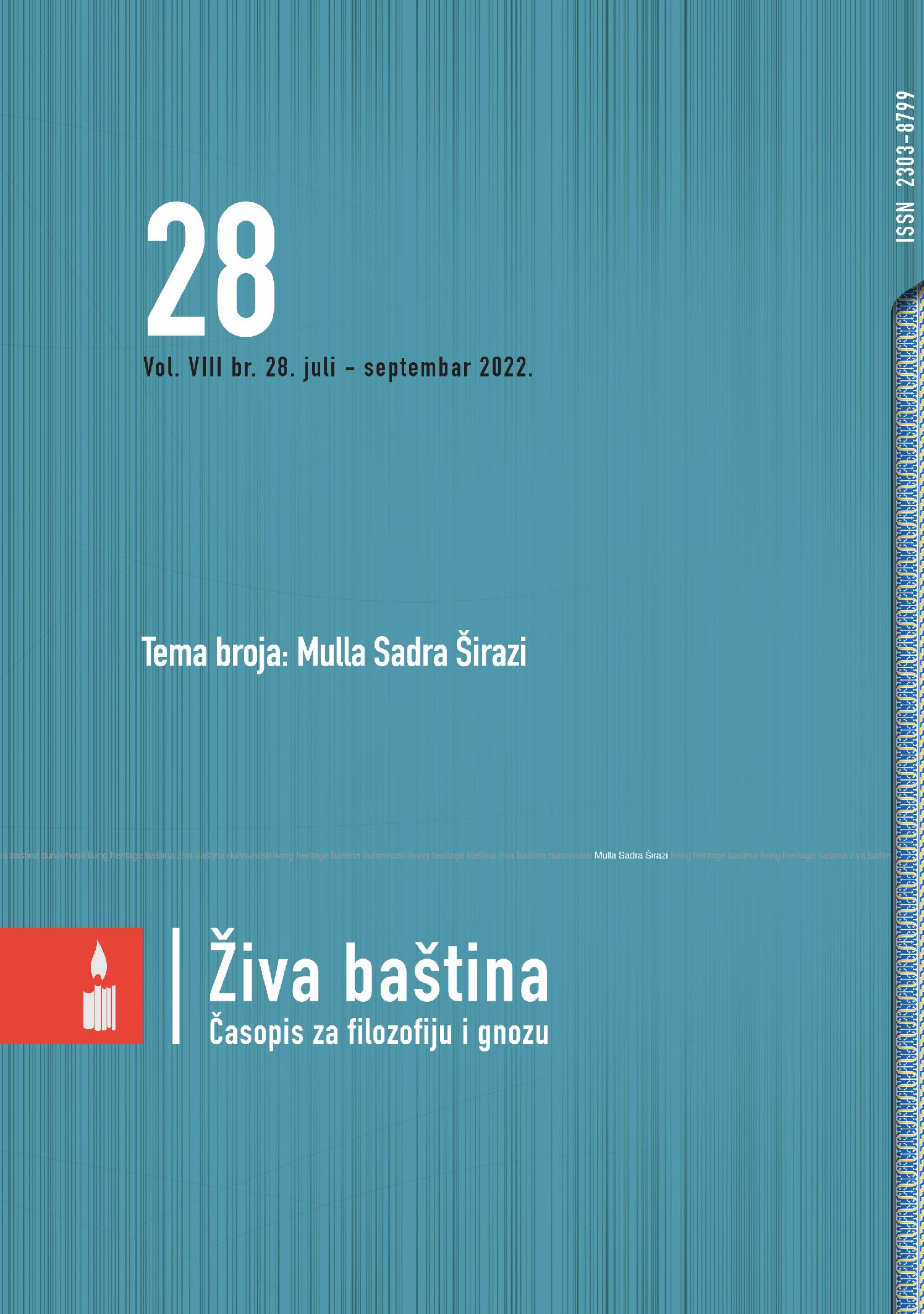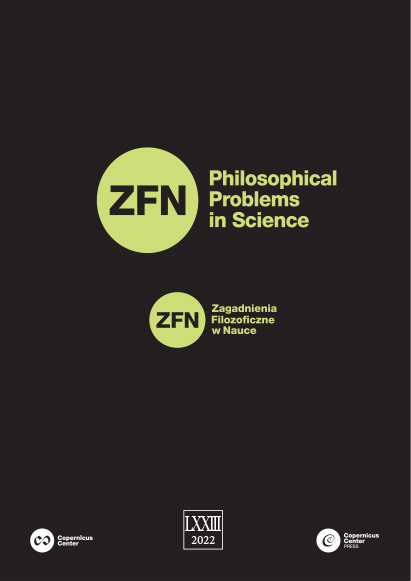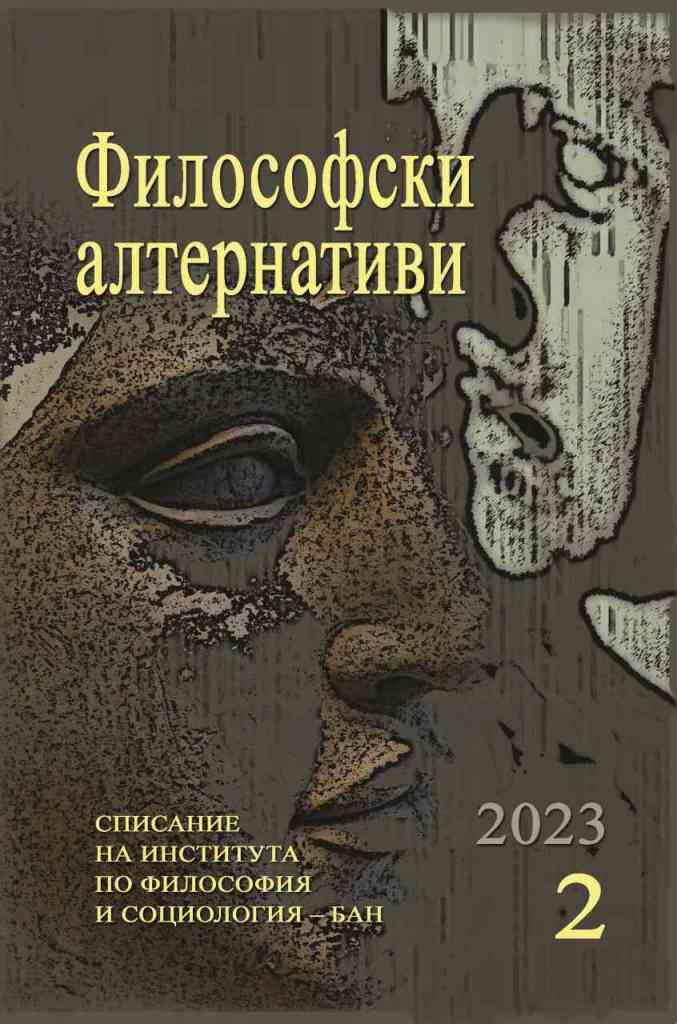Author(s): Zoabi Mahmoud,Florin Lobont / Language(s): English
Issue: 6/2022
The philosophy for children (P4C) approach is an educational movement that has developed over the years to become a substantial movement with great influence in the educational fields and in many educational systems in the world and is a pedagogical basis in these systems for both students and adults. A central goal of this movement is the advancement of the students' thinking, centered on the creative, critical, cooperative, and caring types of thinking in order to prepare them to be successful citizens in the future community life in the rapidly developing world. At the same time, the importance of creative thinking increased quickly over the years, and soon occupied an essential place in various areas of life. Within all varieties of philosophy for, or with children, the vehicle to their specific forms of thinking is the community of dialogical inquiry, a tight-knit group of like minded co-philosophers bound together by philosophical friendship whose essence is represented by the communitarian element. Because of the great and increasing importance of creative thinking in the educational field, a comprehensive study was carried out that examined the perception of science and technology teachers in the Arab elementary schools in Israel of seven of the central dimensions of creative thinking, with the teachers' perception of the factors that foster creative thinking at the center. Hence, examining the teachers' perception will form the basis for planning and carrying out any move required to advance the various educational goals. 313 teachers participated in the study who answered a questionnaire that was prepared and validated by content experts, went through a pilot, and was found to be very reliable so that it constitutes a solid research base on which to base findings and conclusions. A key conclusion arising from the part of the questionnaire with the 12 statements that examined the teachers' perception of the factors that foster creative thinking is that significant and many changes are required in the education systems, educational policies, curricula, methods, tools, and the teaching, learning and assessment environments to promote creative thinking. This article briefly describes the research process carried out for the purpose of examining the teachers' perception of the factors that foster students' creative thinking, presents the main findings and conclusions, and mainly discusses in detail how the Philosophy for Children (P4C) approach can be a significant way that enables the promotion of students' creative thinking based on the research findings and conclusions of examining the teachers' perception of the factors that foster students' creative thinking.
More...
